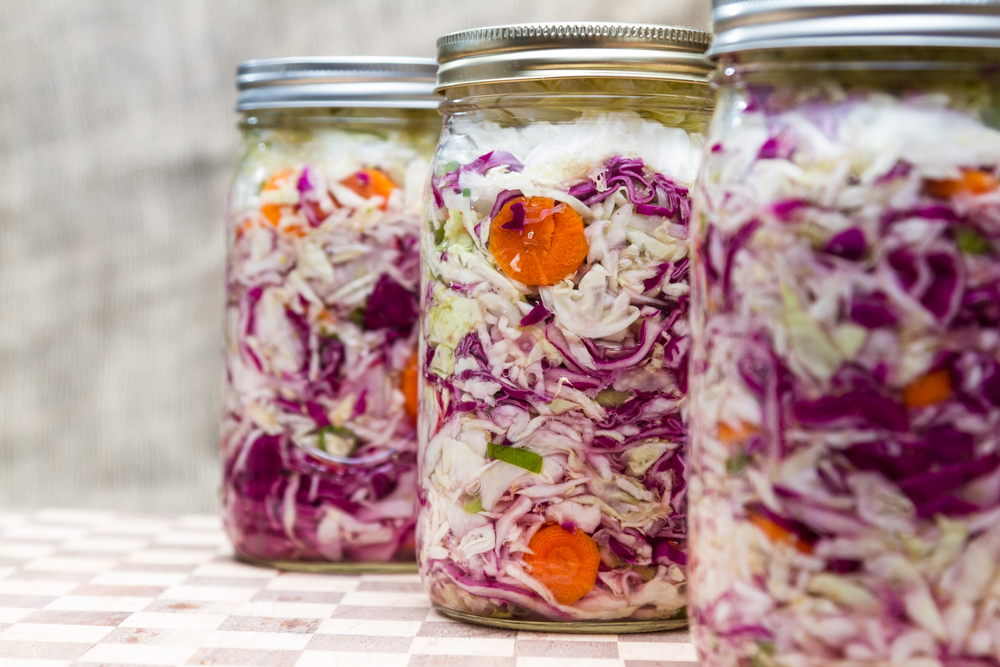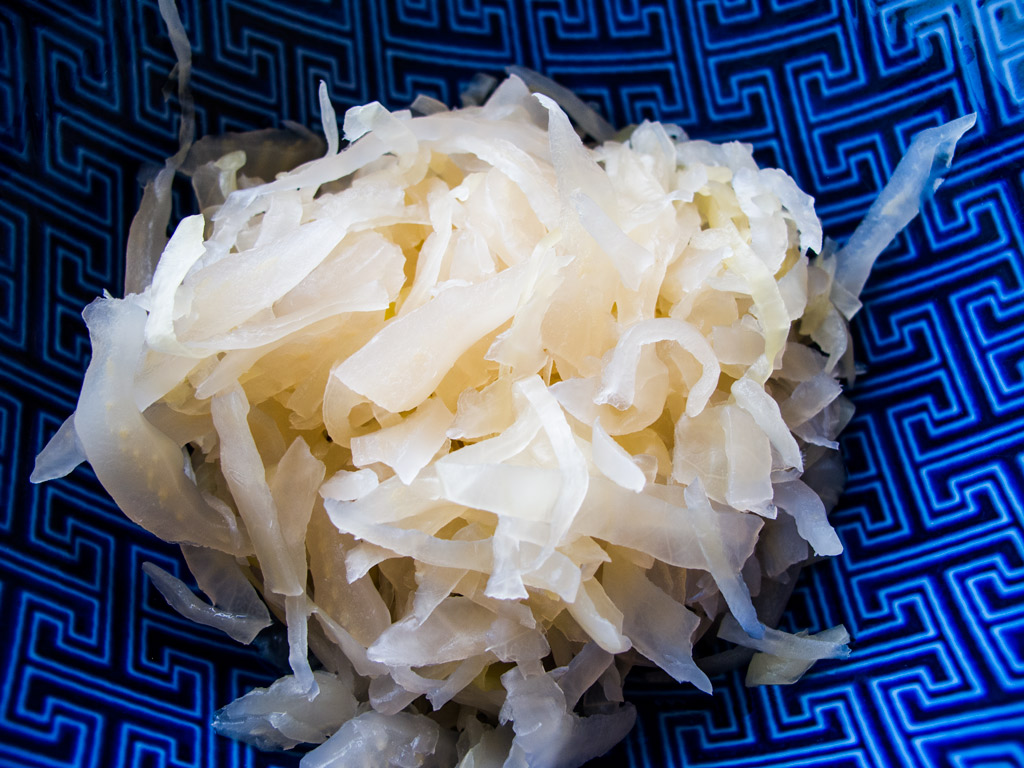k A Gut Feeling k
Don’t take your guts for granted and respect your inner garden!
Gut bacteria plays a crucial role in digestion, the bacteria that lives in our gut are essential for absorption and assimilation of nutrients. They also play a key role in the function of our immune system. So many people with stressful lifestyles might have a diet high in refined sugars, processed foods and could be exposed to environmental toxins which are the perfect breeding ground for bad bacteria to flourish. Subsequently it then manifests into all kinds of health problems…did you know that over 40 trillion bacteria – equivalent to a total weight of around 1.8 kg, live together in our digestive system?

This is an extremely complex living system that protects your body from outside offenders, studies have linked the microbes in our large intestines to everything from allergies, immunity to weight. Often referred to as the ‘second brain’ – the gut is lined with neurons that can influence our emotions and feelings. It produces 95% of serotonin that is essential to brain health, mood stability and stress levels. So when we say we have experienced ‘gut feelings’ about people or events that are happening in our lives these may be more accurate than we could ever have imagined.

Also to consider is antibiotic use which can turn the healthiest gut into a total wasteland. It can take up to two months for the average gut to recover from one course of antibiotics but recovery time can be helped with a gut-friendly diet of probiotics including fermented foods to bring the gut back into balance and support the immune system.
Recognizing the crucial role gut bacteria play in our holistic well-being, it’s imperative to prioritize actions that enhance gut health. While adjusting our diets by reducing refined sugars and processed foods can indeed aid in fostering a healthy gut microbiome, additional interventions may prove advantageous, particularly for individuals with demanding lifestyles or a history of antibiotic usage.
An encouraging avenue to explore involves integrating liposomal NMN supplements into your daily regimen. These supplements contain Nicotinamide Mononucleotide (NMN), a precursor to Nicotinamide Adenine Dinucleotide (NAD+), a coenzyme pivotal in numerous cellular functions, including energy metabolism and DNA repair. With liposomal delivery, these supplements optimize NMN’s bioavailability, ensuring effective absorption and utilization within the body. Furthermore, NMN’s demonstrated support for mitochondrial function, crucial for cellular health, may indirectly contribute to gut well-being by enhancing overall systemic vigor.
By combining liposomal NMN supplements with a diet rich in probiotics and fermented foods, individuals can synergistically fortify gut health and reinforce the immune system. By nurturing the intricate balance of gut bacteria and optimizing cellular function, individuals can cultivate resilience against external stressors, promoting enduring well-being.
A guide for a gut full of happiness…
- Watch out for processed food & refined sugar – it’s lethal to the ‘good gut bacteria’.
- Introduce at least one fermented foods into your daily diet: kombucha, sauerkraut, miso, kimchi, kefir and live natural yogurt are amazing probiotics
- The Mediterranean diet is also a winner and full of anti-oxidant rich foods such as seeds, nuts, extra virgin olive oil, coffee, dark chocolate and red wine
- Stock up on fruit and veg like artichokes, leeks, onions, chicory, garlic, celery, bananas, apples and pears.
- Take probiotic pills if/when you need them especially after taking antibiotics – or if your diet is high in processed food and low in fruit and vegetables. Look for at least eight billion live organisms per serve and for a variety of strains of bacteria.





